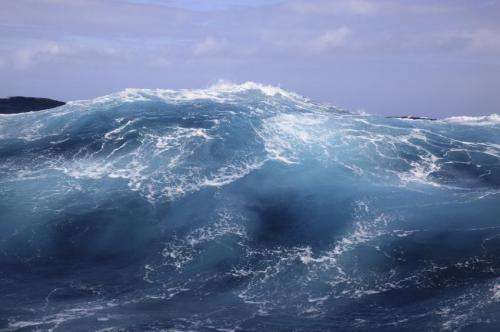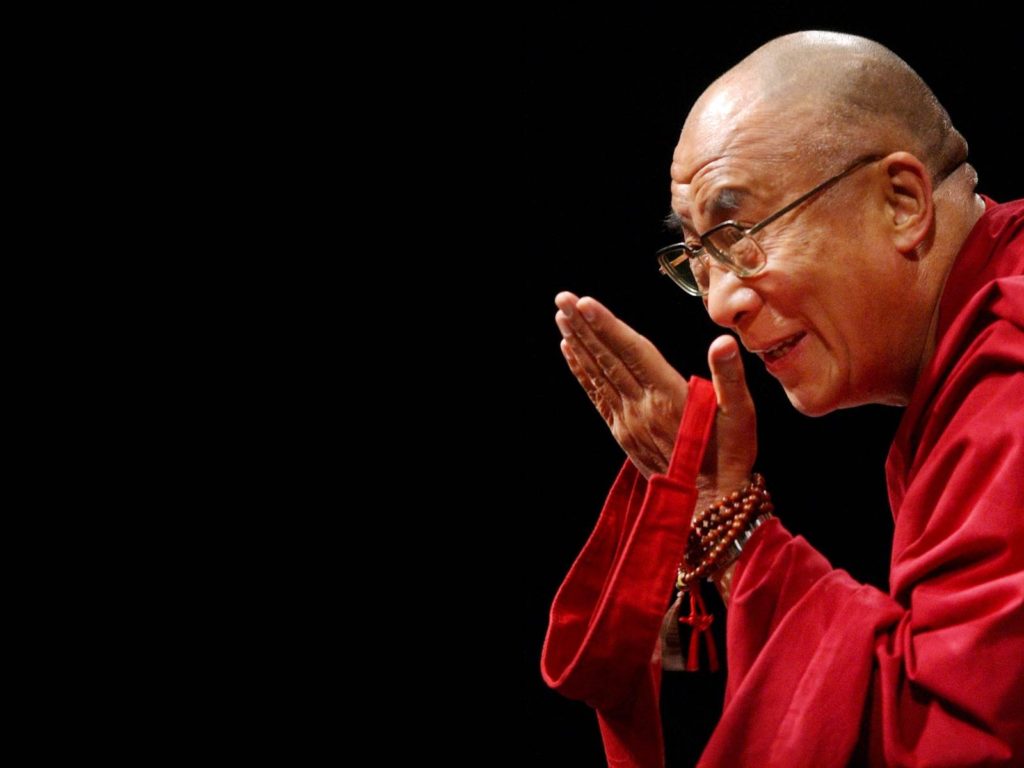The long tail of summer always provides an opportunity to consider your life and work before it’s September again.
Taking a step back before stepping forward sometimes happens in the Christmas to New Years week too, but between then and now it’s easy to get caught up in your daily distractions until time-off slows you down into someone who can reflect again.

Heat, sand and ocean are lead characters in summer’s pause, particularly the ocean. Its surface moves, sparkles, crests and breaks: a skin of hyperactivity that endlessly draws your attention with its clutter of ridges and crashes, smells and spray. But diving in is something else again. Below its surface, the ocean is quiet and calm enough to leave the sand where it is. It’s a suspension of deeper, darker, blue, that doesn’t draw your attention as much as holding it.
So perhaps it’s fitting that The Dalai Lama wrote to America in the Wall Street Journal this week. (Sometimes when the mountain won’t come to you, you have to go to the mountain.) He probably knows that it’s best for him to visit at this time of year, when people are slowing down and might be more receptive. He writes because he’s alarmed by how little of our lives or work have been grounded in our obligations to love, be fair, seek justice, act generously, or respect the earth. He writes as if our connection to broader purposes had broken altogether.
Today the world faces a crisis related to lack of respect for spiritual principles and ethical values. Such virtues cannot be forced on society by legislation or by science, nor can fear inspire ethical conduct. Rather, people must have conviction in the worth of ethical principles, so that they want to live ethically.
Unfortunately, many don’t care, while others will say that they don’t have time.

The Dalai Lama knows this, of course. And there’s another thing he’s sure of. Wanting to live ethically requires “inner cultivation.” But, neither caring nor desire can be cultivated while you’re ricocheting from one demand or diversion to another. There’s simply no space for it.
When your days are like balls in a pinball machine, you work, you recover from your blows, you work again and recover some more, until it’s mid-July or the day after Christmas or you fall down broken.
When your days are like warm baths in small pleasures—amuse me/ shock me/like me, buy something/eat something/watch something—and the gratification is only interrupted when you’re pretending to work, there is no place for an inner life either.
Of course, you can be captivated by, literally be “a captive of” what’s happening on the surface in other ways too, but this part of summer always offers a chance to escape from whatever wheel of distraction you happen to be on.
 A place for “inner cultivation” stands apart from the rushes of stimuli that are so easy to get lost in every day. It’s a space for wondering whether there are deeper satisfactions than the ones that you have now. It’s a time to explore whether you have the desire for anything more.
A place for “inner cultivation” stands apart from the rushes of stimuli that are so easy to get lost in every day. It’s a space for wondering whether there are deeper satisfactions than the ones that you have now. It’s a time to explore whether you have the desire for anything more.
The “ethical conduct” that the Dalai Lama commends can only be found by leaving the sparkles, reflections, and wave action at the surface for the deep blue quiet that lies below.
It is where the active, noisy, and uneasy mind can find enough silence and calm to cultivate a future that can fill you out.
It is the only place where you can hear your wholehearted life beckoning.
Good stuff, David. Thank you! But I’ll bet you could go even farther — beyond commending a look inward and noting that summer is a good time to do so — by saying more about how to actually do it: Techniques, methods, goals, warning signs, words from other teachers, etc. We all know that “the unexamined life is not worth living.” But I wonder how many of us know how to examine?
Thanks George. I wrote this because many (maybe most) people do not know about the downside of an unexamined life. As the DL said, you need to sense “the worth” of such an examination before you make the effort to undertake it. A break from work can sometimes provide enough space to glimpse that worth and launch a different kind of consideration about your life. But without that first tantalizing glimpse, all the rest will be for naught. Maybe it’s the lawyer and the caregiver in me, but I’m writing to the seekers and not to those who are healed already. What the seekers need to be convinced about happens right at the start, or it doesn’t happen at all.